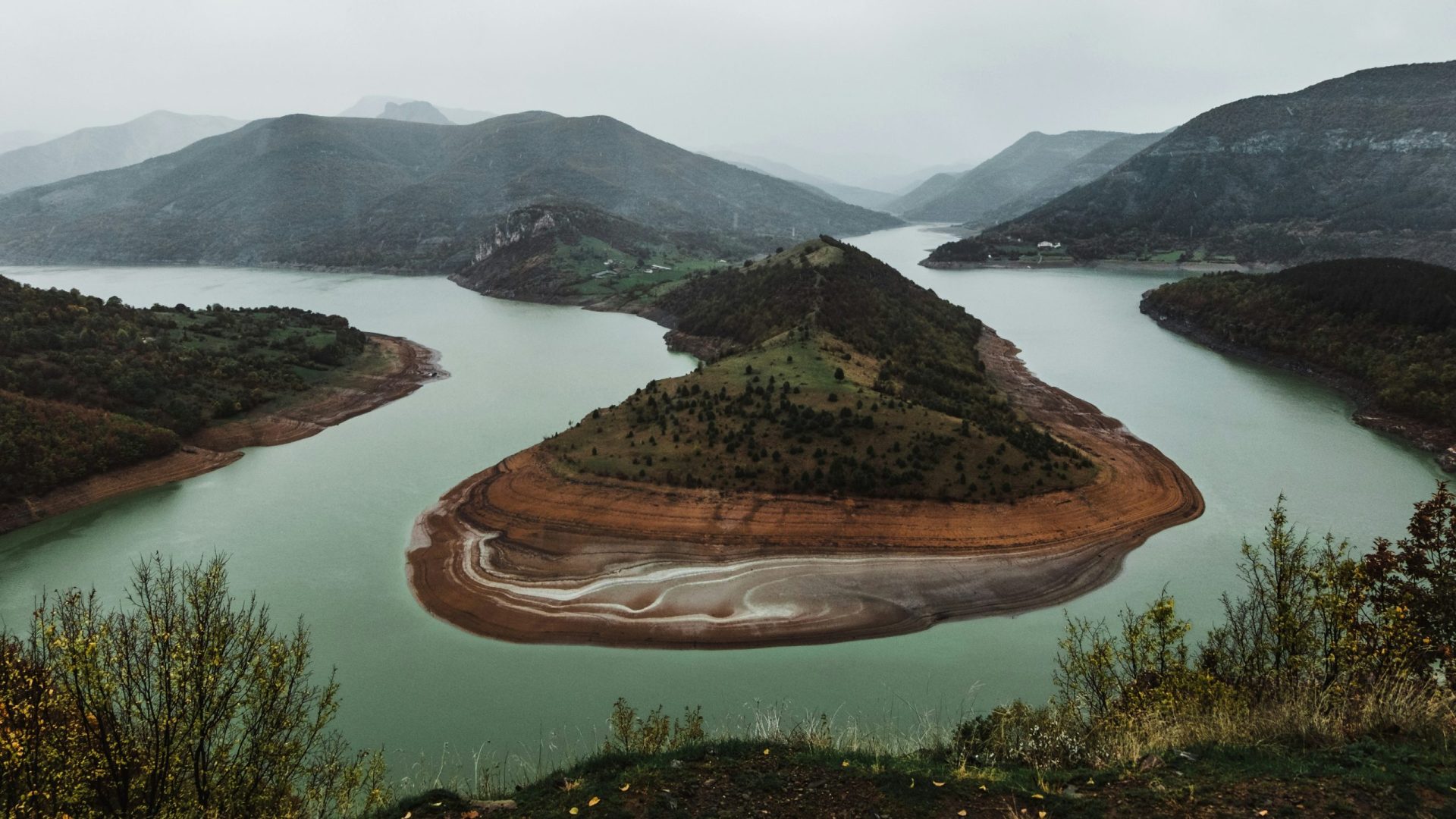
The border-free Schengen Area has made life, work, and trade far simpler for hundreds of millions of Europeans since it was established in 1995. Now, Bulgaria and Romania have been granted partial membership.


The border-free Schengen Area has made life, work, and trade far simpler for hundreds of millions of Europeans since it was established in 1995. Now, Bulgaria and Romania have been granted partial membership.
For many Europeans who travel to Bulgaria and Romania, this spring will mark the end of passport checks. Starting March 31, they will officially become part of the Schengen Area, joining the ranks of France, Spain, Germany, and two dozen other European nations that have officially done away with border control between their mutual borders.
The move is a welcome change for the two eastern European countries, which have been part of the European Union since 2007. Previously, Austria opposed their admission into the Schengen Area because of concerns about a potential influx of migrants over the borders. In December, however, the three countries came to an agreement. For now, passport checks will remain in place at land borders, but travelers arriving by air and sea from other Schengen Area countries will not be subject to passport control.
The Schengen zone is mostly composed of EU countries, but there are a few exceptions. Norway, Switzerland, Liechtenstein, and Iceland are not part of the EU but are part of the Schengen Area. Ireland is part of the EU, but is not part of the Schengen Area.
Countries within the Schengen Area operate essentially as a border-free landmass, so that people don’t need to go through passport checks when they arrive by land, air, or sea from another Schengen Area country. This is a huge boon for economies and tourists alike, as it eliminates a lot of the hurdles people often need to go through when they cross an international border.
Bulgarian Finance Minister Asen Vaskov Vasilev recently told news network CGTN that he expects the change could increase the country’s GDP by three to five percent. But aside from economic benefits, nixing border controls has also been shown to improve foreign relationships in the past. Just look at the Republic of Ireland and Northern Ireland for a prime example—the two countries fought bloody battles from the 1960s to 1990s when there was militarized control of the border. Now, Ireland, the United Kingdom (which includes Northern Ireland), the Isle of Man, and the Channel Islands are all part of the Common Travel Area, which eliminates passport checks for movement between them, similar to the Schengen Area.
However, there is one potential tourism drawback for some non-European visitors to Bulgaria and Romania once the changes kick in. All visits to these two countries will now count against their 90-day allowance for visa-free Schengen Area visits.
Currently, citizens of many countries—including Australia, the United Kingdom, and the United States—are already able to visit Bulgaria and Romania visa-free for up to 90 days every six months. The same is true for the rest of the Schengen Area. But the difference is that visits to Bulgaria and Romania don’t currently count against travelers’ time allowance in the Schengen Area, and they will once the new rules come into place.
So, for example, let’s say you’re Australian and you were planning to spend a few months traveling around Europe. Under the current rules, you could spend 90 days in the Schengen Area—say, Sweden—and then spend 90 days traveling around Bulgaria before returning somewhere else in the Schengen Area. Once Bulgaria and Romania are inducted into the Schengen Area, that same schedule would be illegal, as it would result in you overstaying your tourist visa.
For now, passports will still be checked for people arriving by land, which includes train travel. But there’s optimism that this, too, could be dropped later this year. If those checks are eliminated, Romania and Bulgaria will be full Schengen members, and train travel across the continent could be easier than ever.
Bulgaria has also been working with Greece to invest 6 million euros in improving rail connectivity in the northern Mediterranean. Once the route opens up, Vasilev told CGTN, it will “completely change the geography of the logistics and supply chain in Eastern Europe.”
***
Adventure.com strives to be a low-emissions publication, and we are working to reduce our carbon emissions where possible. Emissions generated by the movements of our staff and contributors are carbon offset through our parent company, Intrepid. You can visit our sustainability page and read our Contributor Impact Guidelines for more information. While we take our commitment to people and planet seriously, we acknowledge that we still have plenty of work to do, and we welcome all feedback and suggestions from our readers. You can contact us anytime at hello@adventure.com. Please allow up to one week for a response.

Kassondra Cloos is a travel journalist from Rhode Island living in London, and Adventure.com's news and gear writer. Her work focuses on slow travel, urban outdoor spaces and human-powered adventure. She has written about kayaking across Scotland, dog sledding in Sweden and road tripping around Mexico. Her latest work appears in The Guardian, Backpacker and Outside, and she is currently section-hiking the 2,795-mile England Coast Path.






Can't find what you're looking for? Try using these tags: